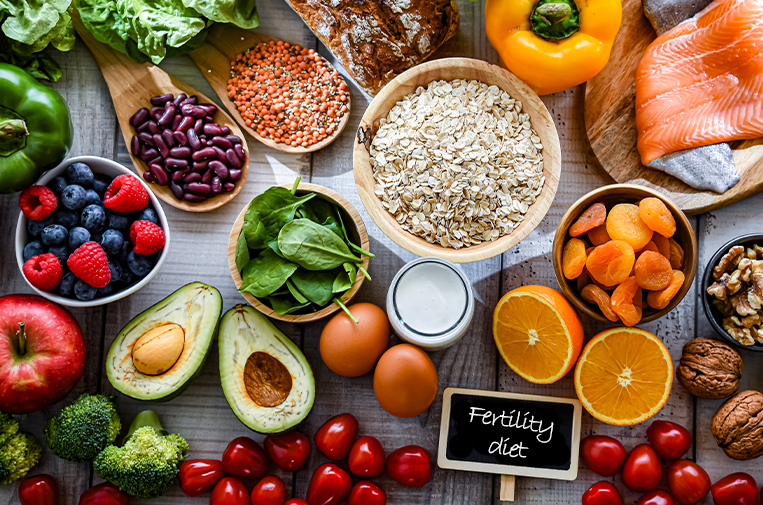Traditional Chinese Medicine (TCM) has been used for over 4,000 years in China to treat many diseases and conditions. TCM practitioners treat infertility by getting to the deeper, underlying root of the problem instead of treating the most apparent symptom. They strive to rebalance the body’s overall system to create a healthy state for improved functionality.
Herbal medicines can enhance female fertility by improving the quality of the menstrual cycle and supporting the natural functions of the ovulation and fertility process. For men, Chinese herbs can increase and improve sperm production, morphology, and motility. Optimizing the body’s natural well-being is a key component in TCM diagnosis and is crucial to the successful treatment of infertility.
There are over 470 single Chinese herbs and more than 400 herb formulations currently used by most Chinese medicine practitioners. They are quality tested for bacteria, metals, or fungus, and can be used safely under the guidance of a trained herbalist.
Chinese herbs build strong, nutrient-rich blood for the ovaries to better nourish the developing follicles and create stronger egg quality and ultimately stronger embryos. Chinese herbs can normalize the function of the Hypothalamus-Pituitary-Ovarian axis to regulate and improve the body’s natural hormonal production, which in turn improves ovarian function and egg quality.
Some herbs contain estrogen, progesterone, and testosterone qualities and can be used to regulate thyroid and insulin hormones. The herbs also nourish the spleen and kidney systems responsible for reproductive health.
The effects of Chinese herbal medicine are generally cumulative. The positive outcomes to treating infertility are usually seen after two to four months, depending on the individual protocol and strength of the herbs.
Chinese herbs are also cycle-dependent. For female infertility issues, the herbs require the entire menstrual cycle to be effective and work best with multiple cycles to maximize success.
Chinese herbs have been used to treat many infertility problems including:
- Advanced maternal age and elevated FSH levels
- Uterine fibroids
- Endometriosis
- Polycystic ovarian syndrome (PCOS)
- Premature ovarian failure or poor egg quality, pelvic inflammatory disease
- Luteal phase defect
- Recurrent miscarriage, male factor, or unexplained infertility
Many Clinical observers have reported impressive results when mixing herbs with gonadotropins during IUI and IVF cycles. The herbs seem to enhance the effects of the gonadotropins, and they do not pose the risk of ovarian hyperstimulation syndrome.
It is always recommended to first consult with your physician about taking Chinese herbs to prevent any side effects or incompatibilities with other medications or drug protocols.






